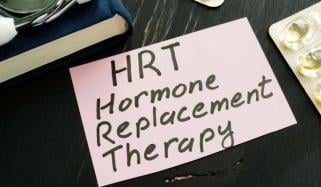
A study from the Australian Institute of Health Innovation at Macquarie University has found that long COVID is more likely to impact women, as well as people aged 40-59 and those living in higher-income areas.
Published in Medical Journal of Australia, the research examined approximately 7 million medical records, offering health profiles of individuals which are more likely to develop long COVID.
The study found that women are more likely to develop long COVID than men, and people with pre-existing health issues such as mental health, respiratory conditions or cancer are also at higher risk of developing the condition.
People aged 40-59 and living in high socioeconomic areas were at high risk, this finding shockingly reflected differences in how the virus affected Australians compared to other areas.
Australia experienced COVID-19 pandemic in other way from many other countries, with many people catching the virus even after being vaccinated, particularly during the spread of Omicron variant.
However long COVID remains hard to diagnose due to its unclear nature and varied symptoms.
The symptoms of long virus generally include fatigue, shortness of breath along with chest pain, brain god and even an organ damage.
Although most people recover from COVID-19 within a few weeks, but some experience prolonged issues for months or even more longer.
Health authorities of Australia estimated that 10% of COVID patients may develop exact impact of this virus, adding pressure to the health system.















